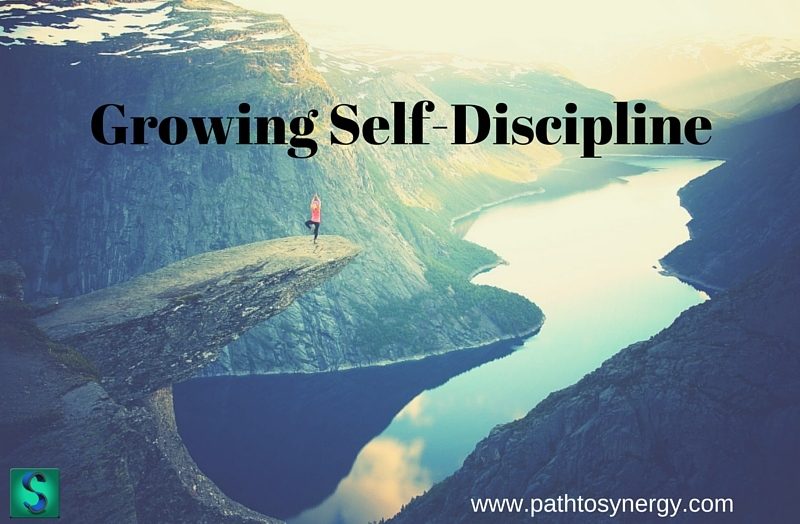Growing Self-Discipline
Discipline has been on my mind lots in the last few weeks, so I thought I would do some exploring. I am currently experimenting with a month long restricted diet (Whole30), definitely an act of discipline. However, not in a bad way. Most of the time when I explore ways of eating, exercise routines or other practices I find it interesting and at least somewhat eye opening in some way. Usually I find that there are discoveries to be found when pursuing an act of growing self-discipline.
I found that it my life, practicing martial arts has been a continually evolving way to build self-discipline. Certainly there are many ways to build self-discipline, but the question may be – why? There are many findings on the impact of self-discipline across many aspects of the human experience. The advantages of having good discipline start when are young.
In a longitudinal study by The Positive Psychology Center at the University of Pennsylvania found that self-discipline accounted for twice as much variance as IQ in final grades of eight grade students. These habits and their results may have significant impact on children’s ability to be successful later in life.
A study in The Journal of Applied Developmental Psychology showed that implementing a school based martial arts program had a positive impact on children’s cognitive self-regulation, an aspect of self-discipline.
According to Alphie Kohn it may be more valuable for children to be able to build the capacity to choose when to exercise self-discipline as well as what kind of self-discipline, and that this ability to choose may be more valuable than the self-discipline itself.
However the impact of discipline is not just found in kids. In a study by The Department of Psychology, Washington University in St. Louis, MO it was found that enhancing self-discipline and self-concept may improve subjective memory in older adults.
According to a study in The Journal of Depression and Anxiety, low self-discipline has been associated with anxiety and depressive disorders.
5 Tips for Growing Self-Discipline
- Take your time – Building any new habit takes time. Taking small steps slowly over time will great the greatest recipe for success. Remember that creating significant change is a process.
- SMART goals – Goals that are Specific, Measurable, Attainable, Realistic and Timely will be the easiest to keep track of and the most likely to be achieved, leading to greater confidence and success overall.
- Find your practice – Building self-discipline, will be most effective if the practice is something that you really enjoy doing. Finding a practice within the category that you are trying to create discipline around will help to build momentum and success overall. You may find that creating discipline that is at least somewhat connected to your purpose or passion will be easiest.
- Record your process – Explore the ups and downs of what it is like to create a new discipline in your life. This will be helpful in examining what works, what doesn’t and accomplishments along the way.
- Practice creating routine – Practicing some kind of routine, even if it is outside the context of your goal will help in building the mindset of being more self-disciplined. There are always opportunities to create new routines every day, take advantage of this.
How have you created self-discipline in your life?
Best,
Michael

